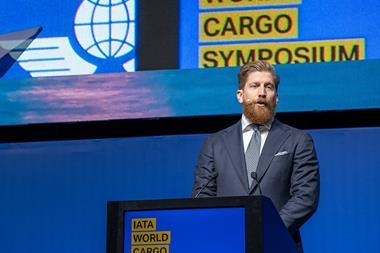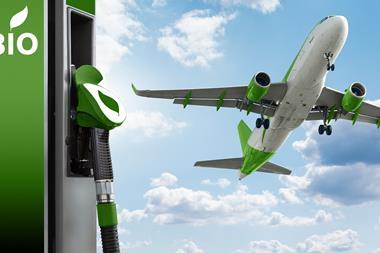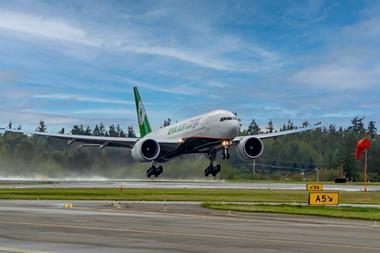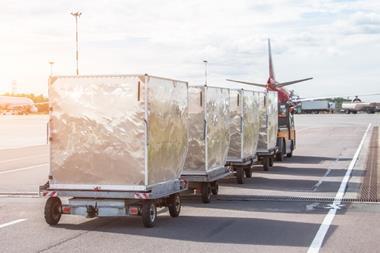IATA has highlighted the importance of airfreight in the global fight against the coronavirus outbreak and has called on governments to take "urgent measures" to ensure that supply chains are maintained in the global fight against COVID-19.
The Association noted that the airfreight industry has so far helped to deliver essential medical equipment, such as protective clothing and masks and spare parts for medical machinery, as well as time-sensitive and perishable cargo, such as different varieties of foods.
In a statement, IATA explained: "This has been done through dedicated cargo freighter operations, utilisation of cargo capacity in passenger aircraft and with relief flights to affected areas."
IATA's announcement was made as airlines cancelled selected flights over the past few days due to low passenger demand caused by the virus outbreak, which in turn limited cargo capacity.
Cargo pilot becomes Alaska’s first coronavirus case
Volga-Dnepr Group ready to face market challenges
Challenge Air Cargo offers scheduled China-Europe freighter
Korean Air the latest to offer cargo only-PAX flights
Alexandre de Juniac, IATA’s director general and chief executive explained: "Over 185,000 passenger flights have been cancelled since the end of January in response to government travel restrictions. With this, vital cargo capacity has disappeared when it is most urgently needed in the fight against COVID-19.
"The world’s fleet of freighter aircraft has been mobilized to make up this capacity shortfall. Governments must take urgent measures to ensure that vital supply lines remain open, efficient and effective."
IATA urged governments to take the following actions:
- Exclude air cargo operations from any COVID-19-related travel restrictions, to ensure life-saving medical products can be transported without disruption;
- Ensure that standardized measures are in place so that air cargo can continue to move around the world with minimal disruptions;
- Exempt air cargo crew members, who do not interact with the public, from 14-day quarantine requirements;
- Support temporary traffic rights for cargo operations where restrictions may apply;
- Remove economic impediments, such as overfly charges, parking fees, and slot restrictions to support air cargo operations during these unprecedented times.
“Air cargo carriers are working closely with governments and health organizations around the world to safeguard public health while also keeping the global economy moving. Today, as we fight a global health war against COVID-19, governments must take urgent action to facilitate air cargo. Keeping cargo flowing will save lives,” said de Juniac.










